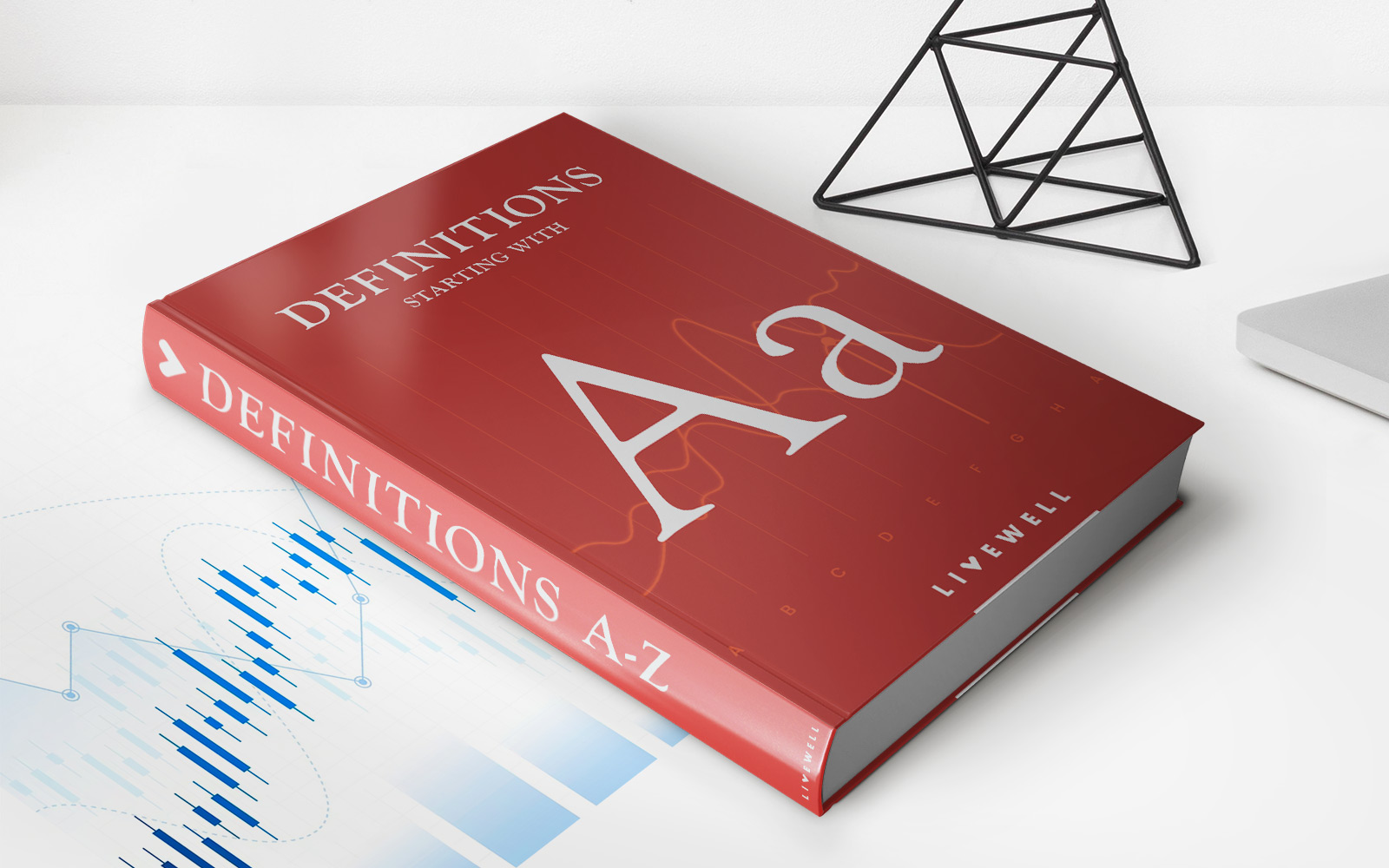

Finance
Counter Currency Definition
Modified: February 6, 2024
Learn the definition and importance of counter currency in finance. Discover how it impacts foreign exchange rates and global markets.
(Many of the links in this article redirect to a specific reviewed product. Your purchase of these products through affiliate links helps to generate commission for LiveWell, at no extra cost. Learn more)
Understanding Counter Currency Definition: A Key Concept in Finance
Welcome to our finance blog, where we delve into various aspects of the world of money and investments. In this post, we will be focusing on counter currency definition, a fundamental concept that plays a crucial role in understanding international financial transactions. Whether you are an aspiring investor, a seasoned trader, or simply curious about the intricacies of the financial world, this article will provide you with valuable insights into this topic.
Key Takeaways:
- Counter currency is the currency in which the exchange rate is quoted in a foreign exchange transaction.
- It is the currency that the base currency is being compared to in order to determine its value.
So, what exactly is counter currency? When we talk about exchange rates in the context of foreign currency exchange, we typically refer to two currencies: the base currency and the counter currency. The base currency is the currency being purchased or sold, while the counter currency is the currency in which the exchange rate is quoted. To put it simply, the counter currency is the currency that the base currency is being compared to in order to determine its value.
Let’s break down the concept further with an example. Imagine you want to exchange US dollars (USD) for euros (EUR). In this case, the USD is the base currency, and the EUR is the counter currency. When you check the exchange rate between USD and EUR, you will see a figure that represents how many euros you can get for one US dollar. This exchange rate is quoted in terms of the counter currency, which is the euro in this case.
To understand the significance of the counter currency, it’s important to recognize that exchange rates are always expressed as a comparison between two currencies. The counter currency is the reference point that helps us determine the value of the base currency. Whether you are exchanging currencies for travel purposes, investing in forex markets, or conducting international business transactions, having a clear understanding of the counter currency is vital for making informed decisions.
Now that you’re familiar with the counter currency definition, let’s summarize two key takeaways:
- The counter currency is the currency in which the exchange rate is quoted in a foreign exchange transaction.
- It serves as the reference point for determining the value of the base currency being exchanged.
By grasping the importance of the counter currency, you enhance your ability to analyze exchange rates, make predictions, and evaluate the impact of international events on currencies. So, the next time you come across exchange rates, remember the role of the counter currency and how it influences the value of the base currency.
We hope you found this article helpful in expanding your knowledge of finance and currency exchange. Stay tuned for more valuable insights on our finance blog!














